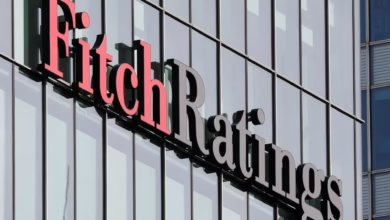
Pwani Oil is struggling to put out cooking oil in the market over a lack of enough raw material in what the firm’s Commercial Director Rajul Malde said was due to shortage of US Dollar in the Kenyan market.
This comes a week after the Kenya Association of Manufacturers (KAM) warned that Kenya’s market could lose confidence in forex effectiveness over the continued weakening of the shilling against dollar.
According to Malde, banks have been processing half dollar of their requests, making it hard to import enough crude oil to sustain the processing of cooking oil in the country.
“Getting sufficient amount of dollars required to support the factory in terms of getting sufficient raw materials is not happening. We are not even running the plant right now because of lack of raw materials.,” said Malde.
Pwani Oil manufactures Freshfri, Salit and Fry Mate cooking oils.
On May 30, KAM asked the Central Bank of Kenya (CBK) to implement actions that would return the dollar market to predictability and, crucially, to “supplies of currency as and when needed in order to restore confidence in the market.”
“Our immediate concern is the availability of US Dollars in the market to meet our requirements,” said KAM in a statement.
In a post MPC meeting on May 31, however, CBK Governor Patrick Njoroge watered down claims that persistent dollar shortages are triggering the emergence of a parallel exchange rate where lenders buy and sell well above the printed official rate.
Dr. Njoroge rubbished manufacturers’ claims that constraints in dollar supply were forcing them to buy the greenback at more than Ksh.120 compared to the central bank’s official average exchange rate of Ksh.116.85 per dollar (Monday exchange).
“The [forex] market generates and distributes something like $2 billion every month. So if you have somebody or a sector which is importing $90 million or $100 million, I think that’s nowhere near the $2 billion that we are putting out there,” explained Dr. Njoroge.
CBK’s record shows that Kenya’s foreign exchange reserves, which are largely tapped for debt payments grew to Ksh.960.8 billion on Thursday, or the equivalent of 4.89 months of import cover, from Ksh.948.8 billion a week earlier.
Kenya has been hit by crude oil import shortage over the ongoing war between Russia and Ukraine. The two countries are major producers of the commodity.
Indonesia, the world’s top palm oil producer announced in April that it was banning exports of the most widely used cooking oil.
Indonesia’s move is set to hurt other countries globally and Kenyans will witness a record high commodity price hike since February when Russia invaded Ukraine.
Since February, prices of cooking oil have jumped by 33 percent in Kenya.





